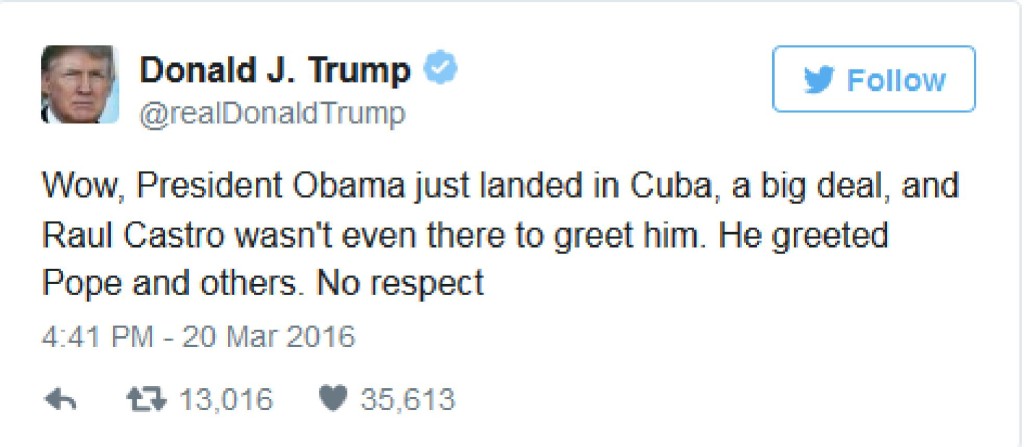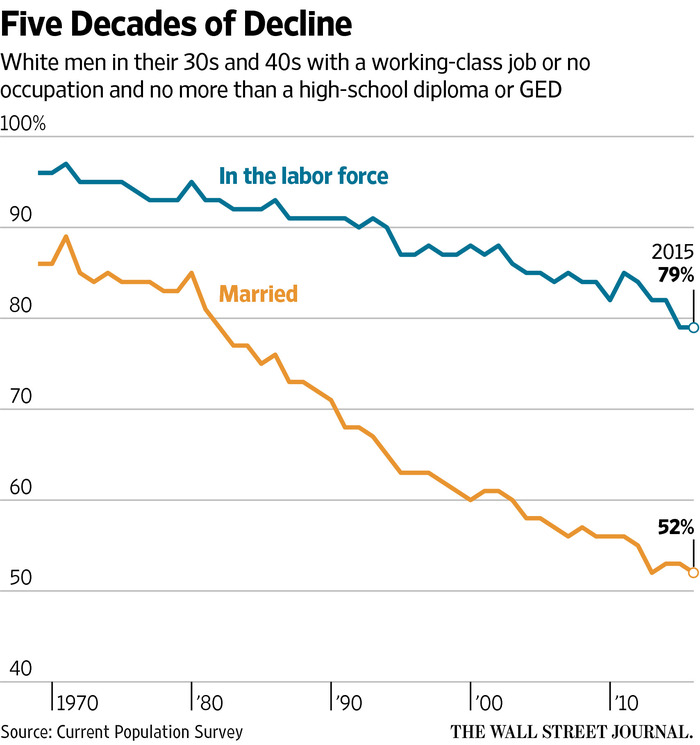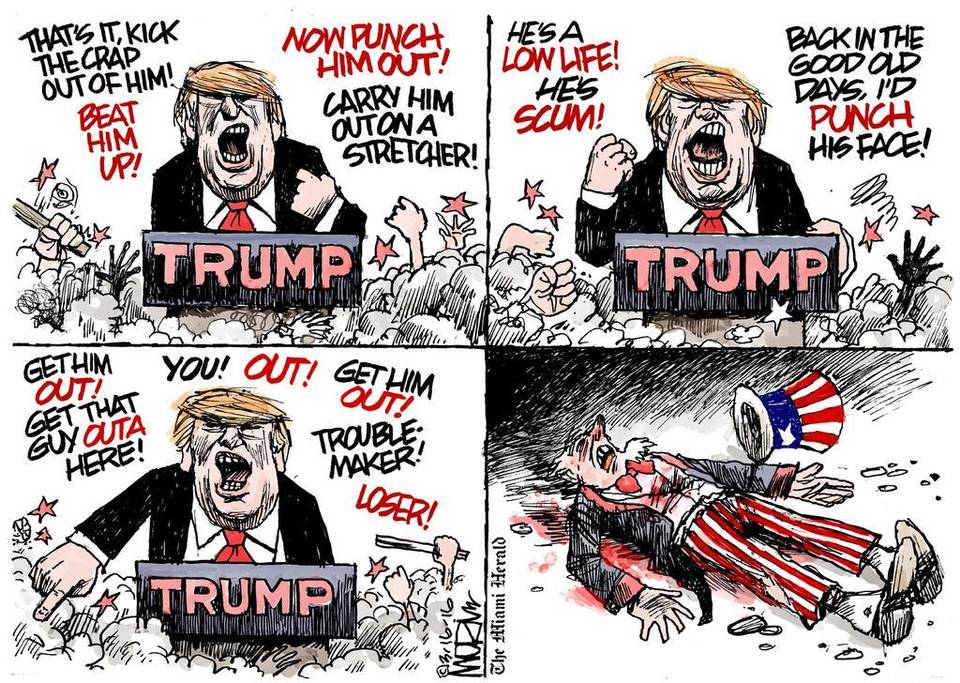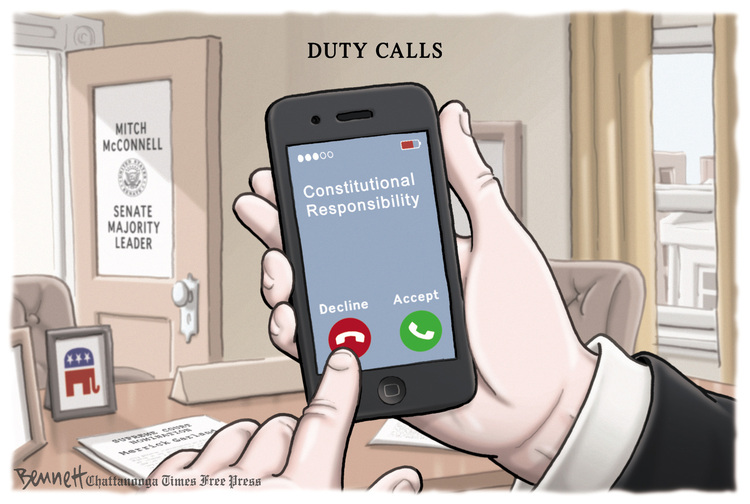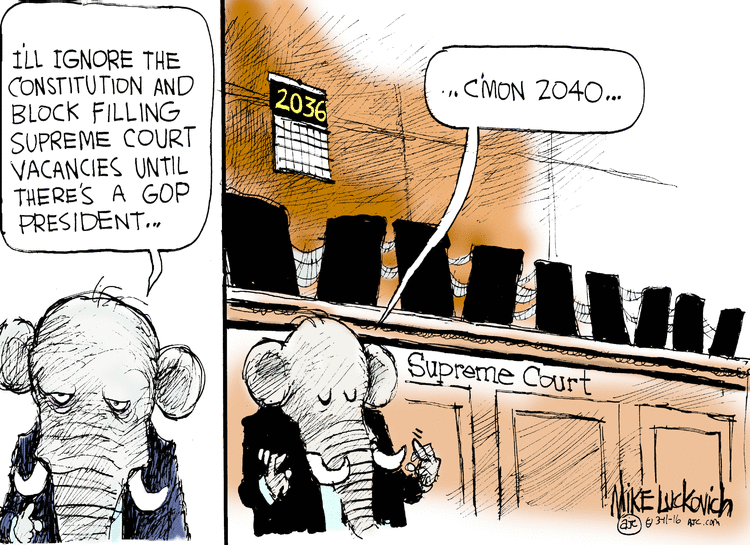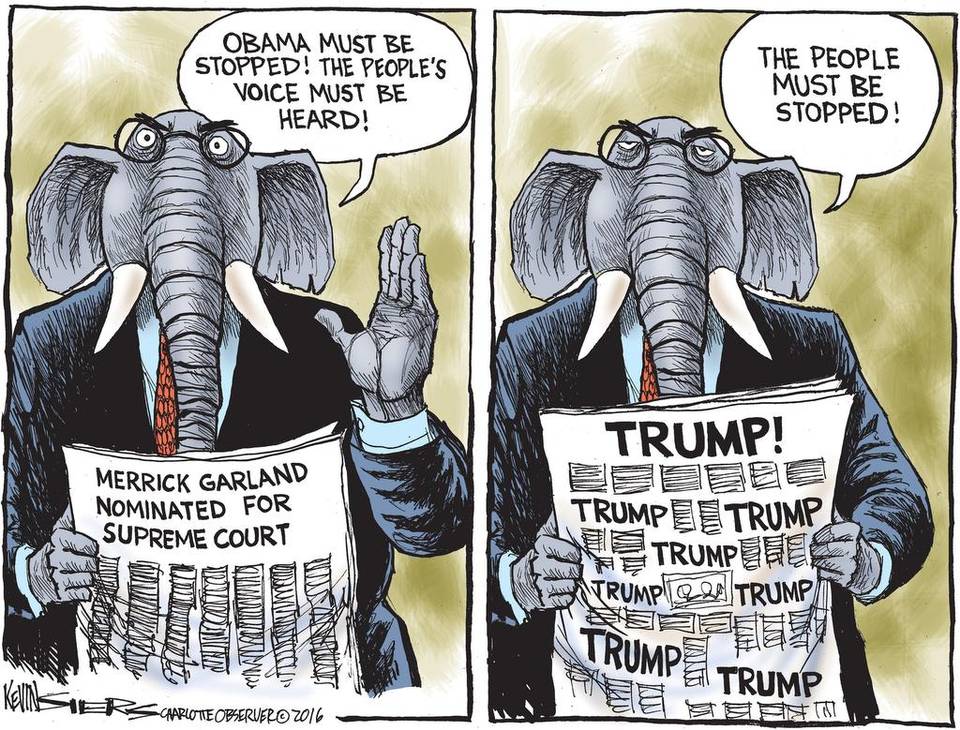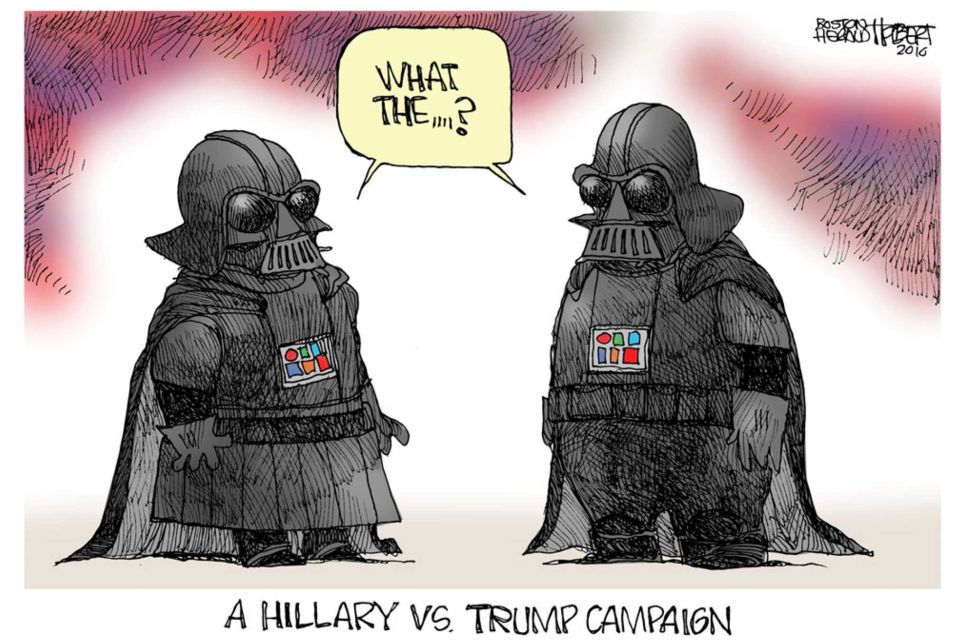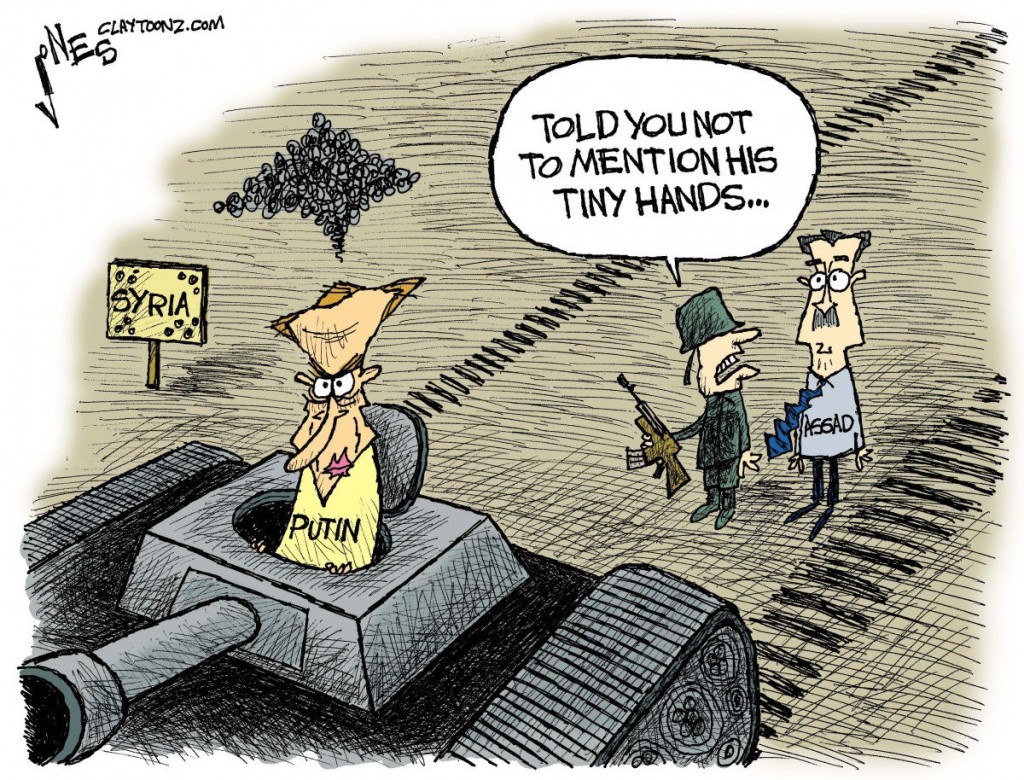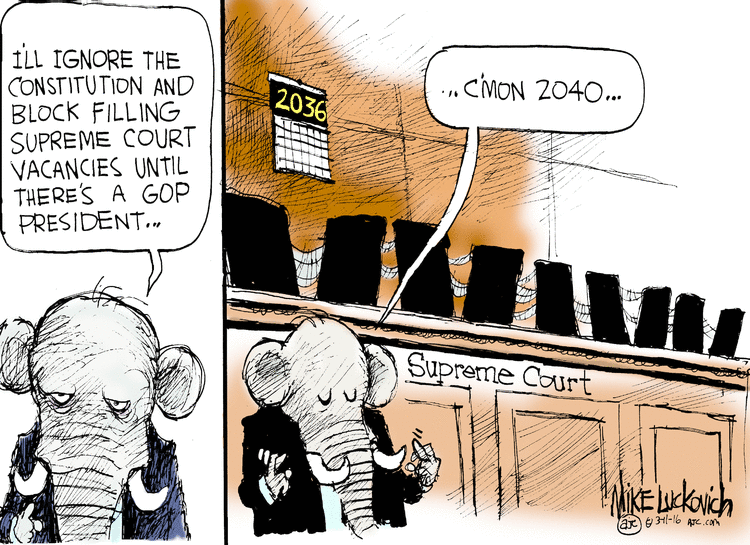And that’s why so many Americans are scared. Neil Irwin in the NYT’s Upshot brought us the bad news that 9.4 million new jobs created during the period from 2005-2015 were temp jobs or contracting jobs.
What’s worse is that those jobs add up to more than 100% of the jobs created by the US economy during that period. That means there was an overall decline of about 400,000 in people working as employees for an American corporation during those 10 years.
The news is based on a study by labor economists Lawrence F. Katz of Harvard and Alan B. Krueger of Princeton that found that the percentage of workers in “alternative work arrangements” — including working for temporary help agencies, as independent contractors, for contract firms, or on-call — was 15.8% of total employment in 2015, up from 10.1% a decade earlier. More from Irwin:
By contrast, from 1995 to 2005, the proportion had edged up only slightly, to 10.1% from 9.3%. (The data are based on a person’s main job, so someone with a full-time position who does freelance work on the side would count as a conventional employee.)
This raises bigger questions about how employers managed to shift much the burden of providing our social safety net to workers, and about the economic and technological forces driving the shift.
The change has profound implications for social insurance. More so than in many advanced countries, corporations in the US carry a large share of the burden of providing their workers with health insurance and paid medical leave when employees are sick. US corporate employers pay for workers’ compensation insurance, and for unemployment insurance benefits for those who are laid off.
These are part of the government-sponsored safety net in other countries.
In addition, US employers help fund their workers’ retirement, formerly, through pensions, but now more commonly, through 401(k) plans. These are also part of the government safety net elsewhere.
While the Affordable Care Act has made it easier for independent contractors to get insurance, there’s little doubt that these workers are now carrying more of the financial burden of protecting themselves from misfortune than they would have shouldered with a more traditional company-employee relationship.
Perhaps most significant, the implicit contract between an employer and an employee is that there is a relatively high bar for firing employees. If the economy turns down or business slows, a contract worker is far more likely to be out of a job or out of the job faster, than a conventional employee.
This is a large factor in the growing job insecurity we see since the Great Recession.
Moreover, the study shows it was likely that companies caused this shift in terms of employment, not employees who were looking for more freedom and flexibility. If 2005 to 2015 had been a period when workers had a lot of power in the job market that might have been plausible, but it wasn’t. More from Irwin:
The unemployment rate was above 7% for nearly half of the period, from the end of 2008 to late 2013. Employers had the upper hand. That suggests it’s more likely that employers were driving the shift to these alternate arrangements.
So, companies took advantage of the weak job market since the Great Recession. In addition, improvements in technology have enabled the shift. New technology allows remote measurement of how successful each worker is, regardless of their location, and it allows the employer to monitor contractor progress, giving the company the power it needs to move to contracting, or to a temp workforce.
Making employees into contractors benefits only the employers, not the workers, and it may help explain the disconnect between the anger and insecurity we see on the 2016 presidential campaign trail, and the clearly positive employment and economic news we’ve seen each month for the past few years.
Both are true, and that has profound implications, both politically and economically, for the next 10 years. A big question for the next decade is whether the rise in temp employment was a one-time shift, or whether it will continue in the years ahead, even in a tightening labor market.
At risk is whether employer-provided social insurance that has been a backbone of the 20th-century American middle class economy will still be with us in the 21st century.
And if the shift to contracting continues,and we become more of a 1099 nation, it is a certainty that we will see a growing populist, anti-corporate electorate.


